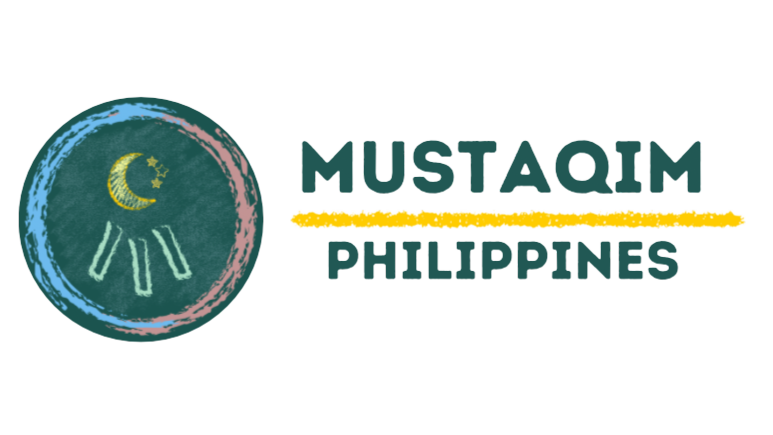Peace is an abstract concept. It takes a while for human beings to actually grasp the concept and more often than not, it leads to the association of several other abstract concepts such as nationalism, volunteerism, advocacy and equality.
Bringing such an abstract concept in a more realistic and relatable way may not at all be easy, but it is doable.
TikTok has been the social media platform for short-form mobile video. From the early dance crazes and life hacks, this social network has helped organizations engage their audiences, reach thousands and even millions of new potential advocates and demonstrate a brand’s unique personality. Undoubtedly, TikTok has dominated the scene in such a short span of time.
Advocacy is intertwined in highly engaging videos by effective content creators soliciting interest, oftentimes without need to gather significant amounts of funds to support a cause. It is also worthy to note that even international governmental organizations such as the United Nations have been utilizing this platform to encourage awareness and involvement in ending world hunger and supporting rural youth (U.N. International Fund for Agricultural Development). Even the World Health Organization (WHO) have launched their TikTok account in the early months of the pandemic to advocate for safety.
In a Reach3 Insight study, a global marketing research firm based in the U.S., 54% of TikTok users said that the platform inspired them to participate in conversations with friends and relatives about social issues they saw on TikTok. 77% of users also said they generally learned more about activism and social issues through the app.
With these statistics, coupled by beliefs and practices of younger generations, TikTok will undoubtedly be a main mover of global advocacies.
Reference:
https://wearehudson.co/tiktok-the-next-generation-of-advocacy/
